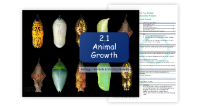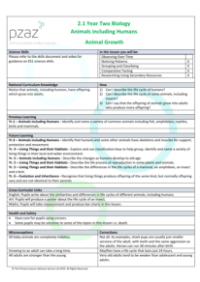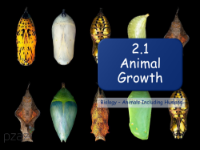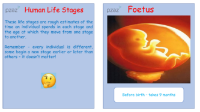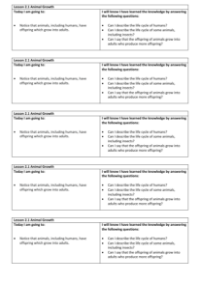Animal Growth - Animal Life Cycles
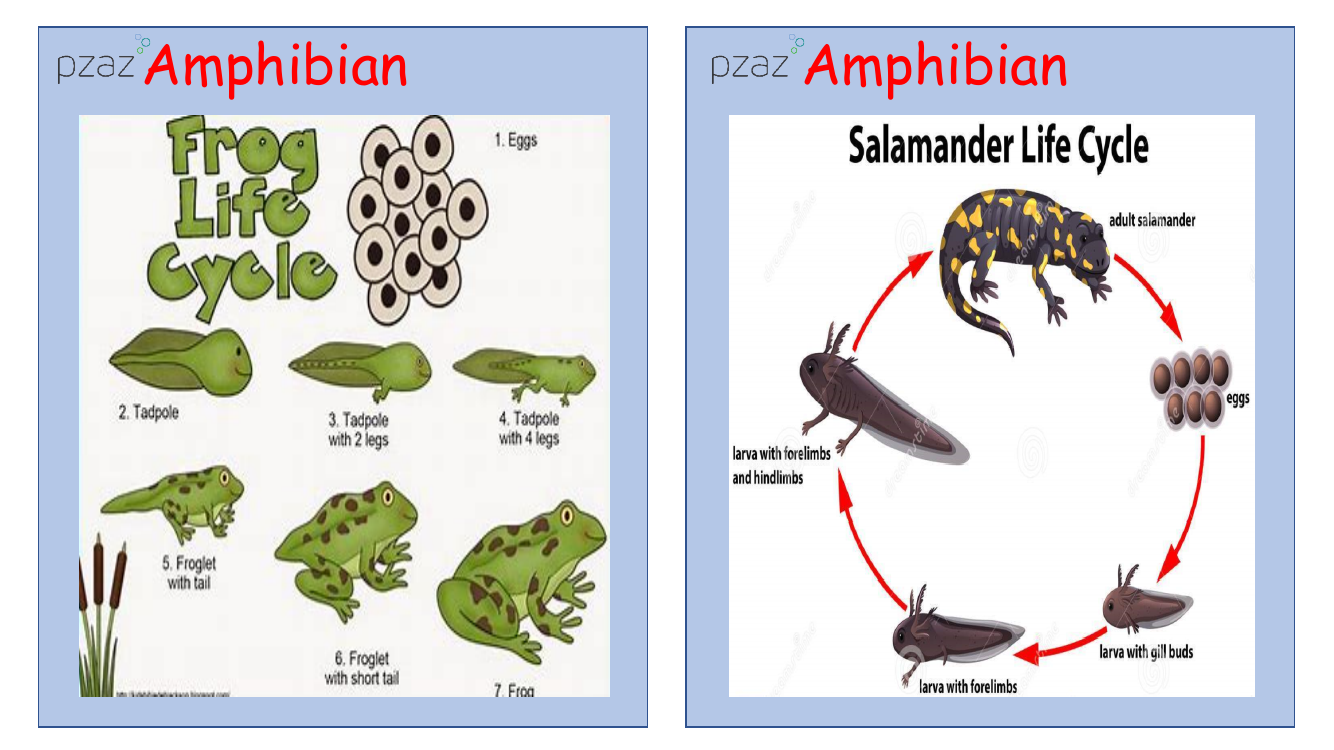
Science Resource Description
The study of animal life cycles is a fascinating journey through the various stages of growth and development that different species undergo. Among these, amphibians have a unique life cycle that typically starts with an egg, progresses to a larval stage like a tadpole, and then transforms into an adult through a process called metamorphosis. Similarly, reptiles follow a life cycle that begins with an egg, but they usually hatch into a form that resembles a miniature version of the adult, growing larger with time.
Birds are another group with a distinct life cycle. They lay eggs which are incubated until they hatch into chicks. These chicks are often dependent on their parents for food and protection until they develop feathers and are ready to fly. Mammals, on the other hand, are characterized by giving birth to live young, which they nurse and care for until the offspring are independent enough to survive on their own. Fish have a diverse range of life cycles, but many lay eggs that hatch into larval forms, which then mature into adult fish. Lastly, insects typically have a complex life cycle that can include stages such as egg, larva, pupa, and adult, with metamorphosis playing a key role in their development.

